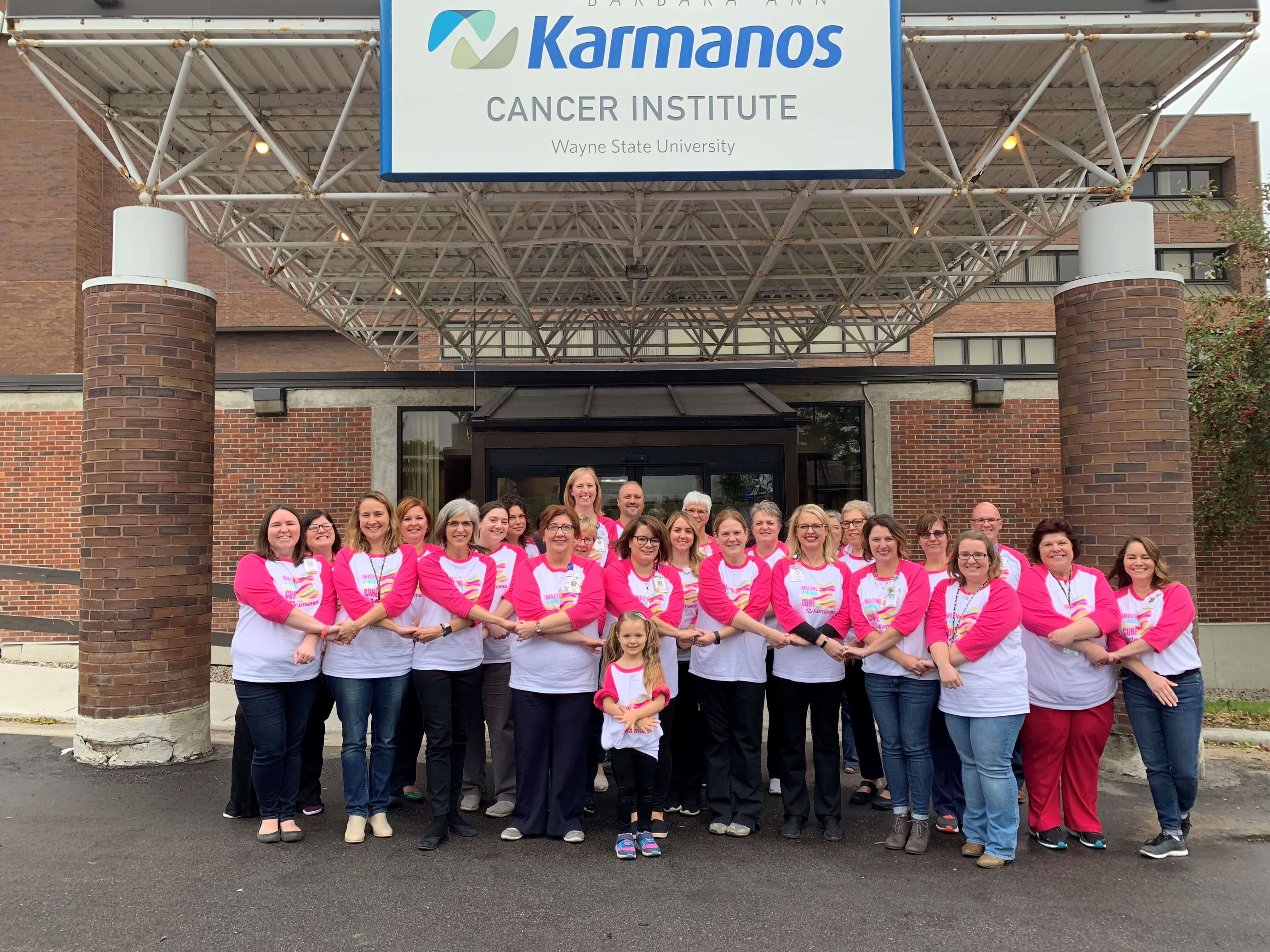
Breast Cancer is the most common form of cancer for women. In fact, according to the Centers for Disease Control and Prevention, more than 200,000 American women are diagnosed with breast cancer each year. Although death contributed to breast cancer has declined, it is still the second highest cancer death among women.
With October being Breast Cancer Awareness Month, it is the perfect time to remind women of the screening guidelines and risk factors associated with this disease.
Mammograms can help find breast cancer early, when treatments are more likely to be successful. For women with average risk of breast cancer, the National Comprehensive Cancer Network ® (NCCN) recommends an annual mammogram for women age 40 and older.
However, if you have a family history of breast cancer it is important to talk to your primary care physician if you need to be screened sooner.
What are the risk factors for breast cancer?
• Being a woman – although men can have breast cancer, this disease is about 100 times more common in women than in men.
• Getting older – as you age, the risk for breast cancer increases.
• Certain inherited genes – about 5 - 10% of breast cancer cases are thought to be hereditary.
• Dense breast tissue, relative to fatty tissue; early menstruation before age 12; and reaching menopause after age 55 also contribute to the development of breast cancer.
Proven risk factors aside, a significant way to reduce the incidence of breast cancer is to lead a life of overall health and wellness. Maintaining a healthy weight through a balanced diet of whole foods, limiting daily alcohol intake to 6 ounces of wine, or 1 ounce of liquor for women, and participating in a daily exercise routine all help. This, coupled with self-exams and yearly mammograms, will work toward reducing the rates of breast cancer cases and breast cancer deaths.
Breast Cancer Support Services
For those who have been diagnosed with breast cancer, several support services are available. At McLaren Northern Michigan, a full-time nurse navigator guides patients through diagnosis, surgery, and other therapies.
“The goal is connecting patients with the resources they need and empowering patients to have the best possible experience as they travel through the care continuum,” explains Breast Health Nurse Navigator Melissa DeSimone, RN, MSN, OCN, CBCN. “We also offer support services like an Oncology Dietitian, Social Work, The Look Good Feel Better Program, the Just For Us Support Group, transportation assistance, referrals to free wig salon programs, Certified Mastectomy Fitters, Lymphedema Clinics, Physical and Occupational Therapy, a survivorship series, and connection to many other resources to help patients with insurance or financial concerns.”
The nurse navigator position is funded by generous donations to the McLaren Northern Michigan Foundation, as are comfort kits, post-surgical garments, and no-cost mammograms to patients meeting certain criteria. “I feel very fortunate to be able to assist patients through their cancer journey,” stated DeSimone.
Mammography is available at several locations. McLaren Northern Michigan offers services in Cheboygan, Petoskey, and Rogers City. More advanced imaging services, such as Breast MRI and Stereotactic Breast Biopsy, are available at McLaren Northern Michigan in Petoskey. Ask your primary care provider or obstetrics/gynecology specialist for a referral.
For details about breast health services offered near you and other health-related information, visit
mclaren.org/northern or call (800) 248-6777.